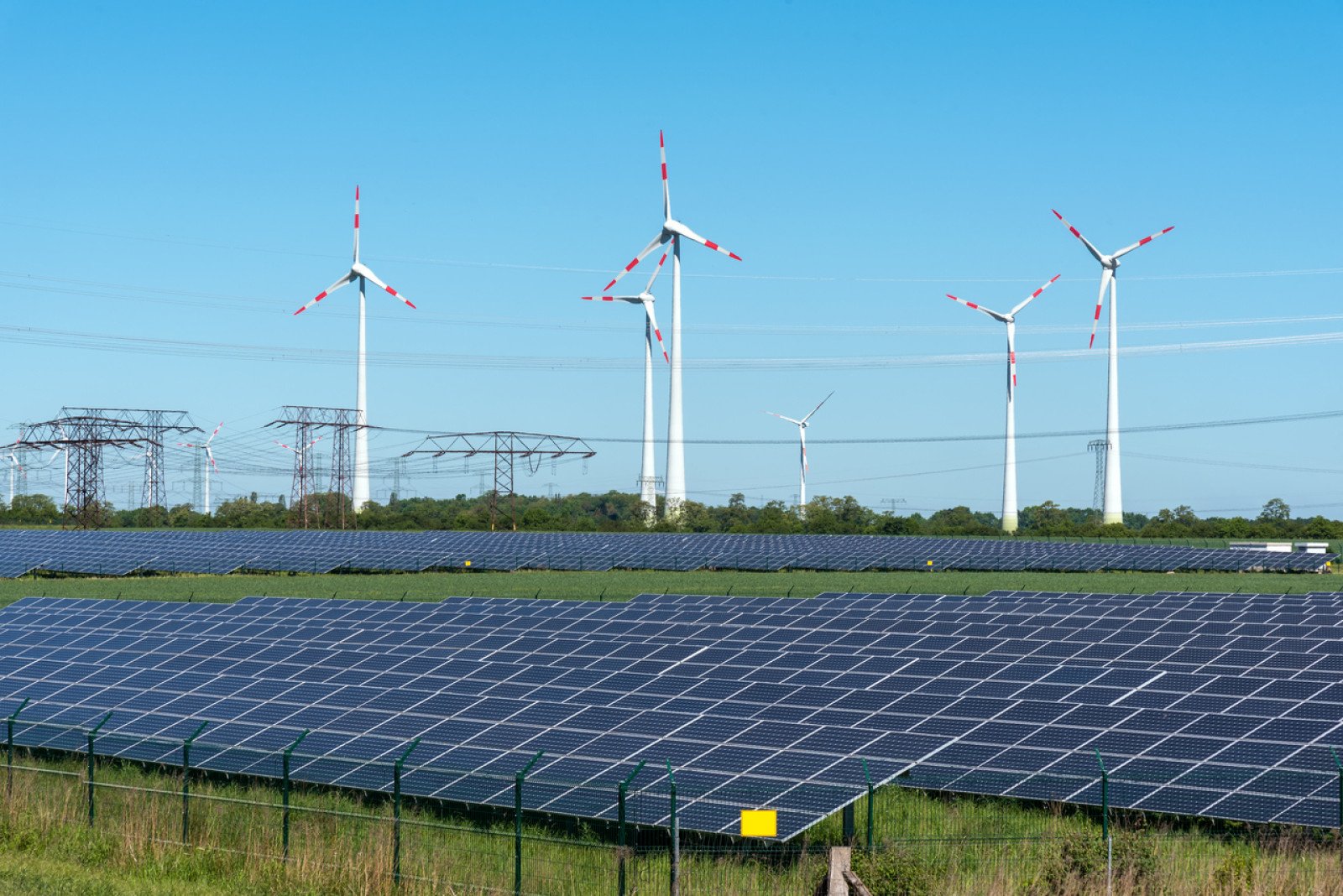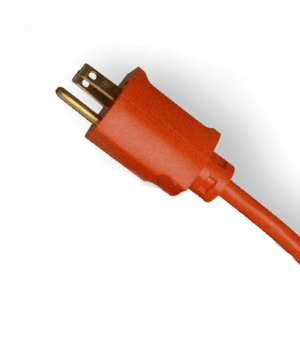Energy
Identifying energy transformations
Students use their understanding of energy types to identify the transformations involved in five different methods of electricity generation.

Overview
Examine hydroelectric, wind, solar, nuclear, and coal-fired electricity generation methods, identify the energy transformations that take place in each process and rank them in order of efficiency.
Instructions
What you'll need
- "Identifying energy transformations" worksheets
- Write the law of conservation of energy up on the board.
- Ask students to suggest as many types of energy as they can think of and jot them down for later, for example:
- Electrical
- Solar
- Wind
- Nuclear
- Light
- Thermal or heat
- Elastic
- Kinetic (energy of motion)
- Chemical
- Gravitational
- Display a picture of a toaster (or, plug a toaster in and toast bread for your class) and ask students to name the different types of energy inputs and outputs involved in making toast (e.g. electrical, heat, and light energy). What energy conversions are needed to toast bread?
- Using the law of conservation of energy, ask students to explain how electricity changes form, or is transformed when toasting bread. Explain that energy transformations occur all the time, and people are always looking for ways to change or transform energy more efficiently.
- Ask students to pair up and think of everyday transformations that involve three or more types of energy. Have them share their ideas with the class and see if classmates can name the transformations in each example.
- Thinking of the toaster example, can students suggest what energy transformations might have created electricity to power the toaster? Electricity can be generated in different ways, but each method of generation is just a series of transformations.
- Hand out the worksheets and ask students to find the energy transformations that create electricity. You can assign each group one method of electricity generation or all five. Remind your students to note the different types of energy that are transformed to create electricity and circle the locations in the diagrams where the transformations take place.
- If needed, use the answer key to help your class get started.
- After sharing ideas as a class, explain that not all the energy that goes into a system is transformed into electrical energy and some forms of generating electricity are more efficient than others. Can students use the law of conservation of energy to develop a plausible explanation of where the “lost energy” might go?
- Ask your class to rank the methods of generating electricity from least to most efficient.
Curriculum Fit
Grade 10 Science
Content
- Law of conservation of energy
- Potential and kinetic energy
- Transformation of energy
- Local and global impacts of energy transformations from technologies
Curricular competencies
Questioning and predicting
- Demonstrate a sustained intellectual curiosity about a scientific topic or problem of personal interest
- Make observations aimed at identifying their own questions, including increasingly complex ones, about the natural world
- Formulate multiple hypotheses and predict multiple outcomes
Processing and analyzing data and information
- Use knowledge of scientific concepts to draw conclusions that are consistent with evidence
Applying and innovating
- Transfer and apply learning to new situations
Assessments
- Assess students’ ability to work together cooperatively.
- Assess each student’s and group’s understanding of energy types and transformations.
- Assess each group’s ability to identify the energy transformations that occur during the generation of electricity.






